Uncategorized
-
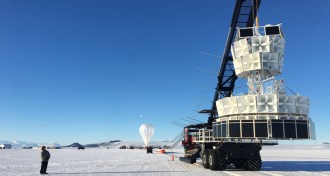 Particle Physics
Particle PhysicsHints of weird particles from space may defy physicists’ standard model
Signals from the ANITA experiment don’t square with the properties of elementary particles cataloged in the standard model.
-
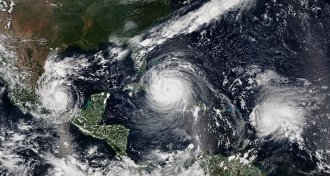 Climate
ClimateWarm tropical Atlantic waters juiced the 2017 hurricane season
Anomalously warm ocean waters in the tropical Atlantic Ocean drove 2017’s hurricane powerhouses.
-
 Materials Science
Materials ScienceThis reflective paint could keep sunbaked buildings cool
A new type of polymer coating that reflects sunlight to control heat could supplement or replace air conditioning systems.
-
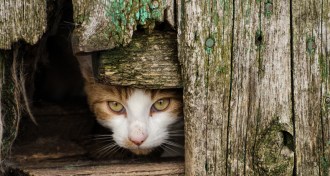 Animals
AnimalsFeral cats appear to be pathetic at controlling New York City’s rats
When cats are on the prowl, rats may become harder to see, but roaming cats actually killed only a few.
By Susan Milius -
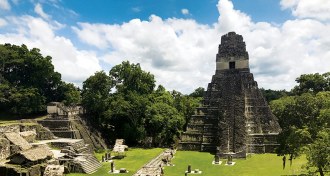 Archaeology
ArchaeologyLaser mapping shows the surprising complexity of the Maya civilization
A large-scale lidar survey of Guatemalan forests reveals evidence of ancient, interconnected Maya cities.
By Bruce Bower -
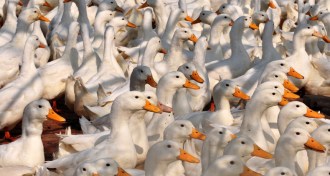 Life
LifeIn China, a deadly strain of bird flu now easily infects ducks
H7N9 evolved the ability to infect ducks just as a vaccine for chickens came into use.
-
 Neuroscience
NeuroscienceSurvey raises worries about how screen time affects kids’ brains
A large study of U.S. children ties lots of screen time to lower thinking skills, but the relationship between the two is still unclear.
-
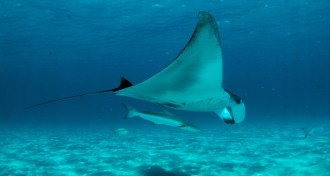 Animals
AnimalsManta rays have an unusual mouth filter that resists clogging
Manta rays filter feed differently than other ocean creatures.
-
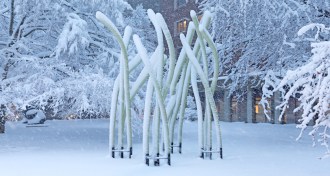 Tech
TechFiberglass-spinning robots could be construction workers of the future
A team of fiberglass-spinning robots could create tubing to help build bridges, buildings or other structures.
-
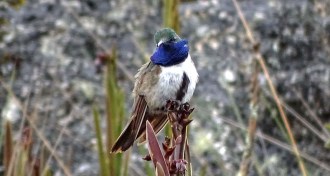 Animals
AnimalsA new species of high-altitude hummingbird may already be in trouble
Researchers have discovered a new species of hummingbird high up in the Ecuadorian Andes.
-
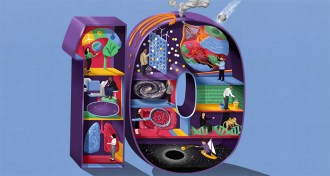 Science & Society
Science & SocietyThe SN 10: These scientists defy limits to tackle big problems
With a drive to understand how things work, these young researchers are making a mark in sustainable energy, medicine, astronomy and technology.
-
 Psychology
PsychologyShahzeen Attari explores the psychology of saving the planet
Merging psychology with engineering, Shahzeen Attari probes how people think about conservation, energy use and climate change.
By Bruce Bower